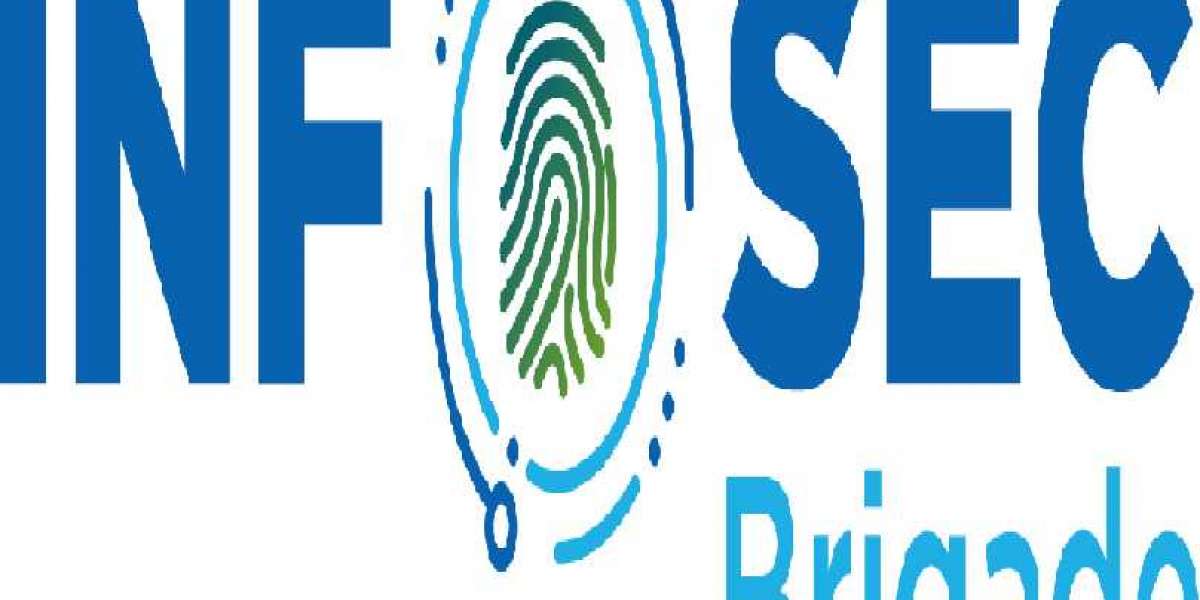The Non-Emergency Medical Transportation (NEMT) market plays a critical role in improving access to healthcare, particularly for elderly, disabled, and low-income individuals who lack reliable transportation. NEMT services provide scheduled transportation to and from medical appointments, dialysis centers, physical therapy, pharmacies, and other healthcare facilities. As healthcare systems increasingly emphasize preventive care and outpatient treatment, demand for NEMT is growing steadily.
The global NEMT market is projected to witness significant growth in the coming years, driven by factors such as the aging population, rising prevalence of chronic diseases, and expansion of government-sponsored healthcare programs like Medicaid in the U.S. Technological advancements — including GPS tracking, mobile apps, and automated scheduling platforms — are also enhancing service efficiency and patient experience.
One of the key market drivers is the increasing need to reduce missed medical appointments, which cost healthcare systems billions annually. Studies show that reliable NEMT services significantly reduce no-show rates, leading to better health outcomes and lower overall medical costs. Additionally, the shift toward value-based care models is encouraging providers and insurers to invest in NEMT as a means of improving patient compliance and continuity of care.
The market is highly fragmented, comprising a mix of private transportation providers, brokers, ride-sharing partnerships (e.g., Uber Health, Lyft Healthcare), and non-profit organizations. These players offer services ranging from basic ambulatory transport to wheelchair and stretcher-accessible vehicles. Recent years have also seen increased collaboration between NEMT providers and healthcare organizations, as well as the rise of app-based platforms that streamline booking and billing processes.
However, the industry faces challenges such as regulatory complexity, inconsistent service quality, and funding limitations. Medicaid, the largest payer of NEMT in the U.S., has varying eligibility and coverage rules by state, complicating operations for multi-state providers. Fraud and abuse in billing practices have also led to increased scrutiny and tighter oversight.
Regionally, North America holds a significant share of the market, with strong growth prospects due to Medicaid expansion and private sector involvement. Meanwhile, emerging markets in Asia-Pacific and Latin America are beginning to recognize the importance of NEMT in achieving equitable healthcare access, paving the way for future growth.
In conclusion, the NEMT market is positioned as an essential component of modern healthcare delivery. As healthcare providers continue to focus on patient access, affordability, and outcomes, NEMT will remain a vital service with growing demand and opportunities for innovation.
Search
Popular Posts
-
 Canadian pharmacies not requiring prescription
Canadian pharmacies not requiring prescription
-
 Caramelized Australian Balsamic: Craving Perfection? Aussie Basket Delivers Every Time
Caramelized Australian Balsamic: Craving Perfection? Aussie Basket Delivers Every Time
-
 6G Market Upcoming Opportunities, Trends and Industry Outlook 2025
6G Market Upcoming Opportunities, Trends and Industry Outlook 2025
-
 3D Printing Services in Coimbatore: Choose WOL3D Coimbatore for Superior Quality
3D Printing Services in Coimbatore: Choose WOL3D Coimbatore for Superior Quality
-
 Indulge in Mutual Massage in London for Connection and Complete Relaxation
Indulge in Mutual Massage in London for Connection and Complete Relaxation









